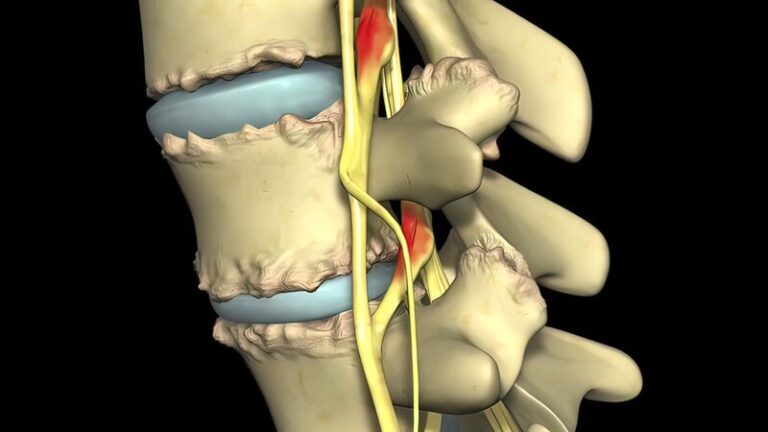It is quite common to develop spinal stenosis with age. Also, it is observed that every 5 individuals in 1000 develop the said condition after 50. That being said, it is best if you do your homework well and know a little about the condition, diagnosis, symptoms, and available treatment options in Roswell.
What is spinal stenosis?
Spinal stenosis is a condition in which the inner space between spinal columns starts getting narrow. This eventually puts pressure on vertebrae and spinal cords. With time, the nerves that run from the spine to the arms and legs get affected. Fortunately, APEX Spine and Neurosurgery offers the best Roswell spinal stenosis treatment. Board-certified neurosurgeons and caring support staff ensure every patient is at ease throughout the treatment. Along with Roswell, they even have offices in Bethlehem, Columbus, and Suwanee, Georgia.
Diagnosis
Firstly, the doctor will inquire about any past injuries and other health issues that can likely cause spinal stenosis. You will be asked to bend yourself backward and forward to check how flexible your muscles are. Next, the doctor may ask you to go for imaging tests like X-rays and MRIs to verify if there are any tumors, bone spurs, or injuries around the spinal columns.
Some of the common symptoms are:
Pain: Pain associated with spinal stenosis is very different. It is usually like a dull pain in the neck or lower back, or like an electric pain that radiates in arms and legs. Also, with time you may experience shooting pain while performing certain tasks, and it can even be like a needle-type tingling sensation.
Numbness: Complete numbness or reduced sensations can be experienced in arms, legs, and other body parts.
Weakness: Strength issues and coordination problems can be experienced in the arms and legs. In severe cases, bowel and bladder dysfunction can even happen.
Treatment options:
In most cases, Roswell doctors restrict patients from performing certain activities. They might even suggest such exercises that help in strengthening your stomach and back muscles. The usual initial treatment includes anti-inflammatory medications and physical therapies that help in correcting your posture.
In severe cases when performing routine activities become difficult for patients, neurosurgeons recommend operations. Usually, post-operation patients are expected to walk more comfortably.
However, if you are reluctant about going for surgeries, you can always consult other specialists and look for other less invasive, or non-surgical treatment options. A second opinion from another medical practitioner always helps.


